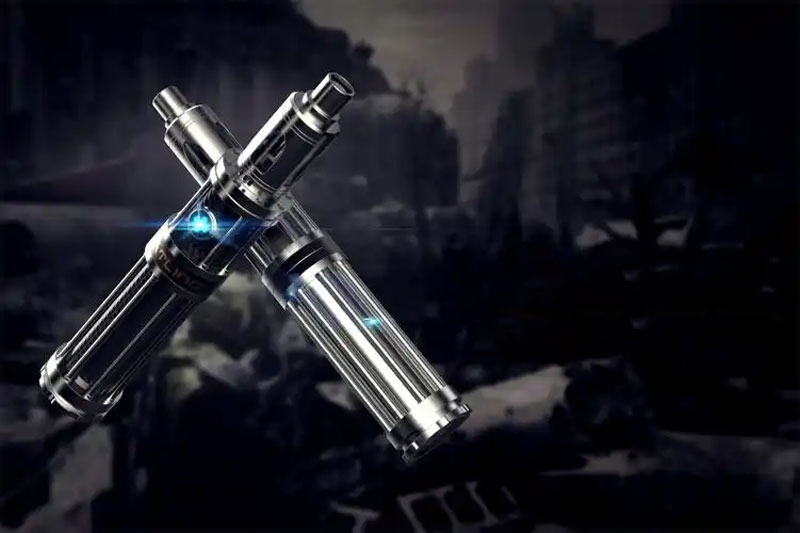
The use of e-cigarettes has soared in popularity over the last decade, sparking debates and raising questions about their safety and regulation. One of the most pressing inquiries among consumers is whether e-cigarettes are FDA approved. This question is critical as FDA approval would imply a level of vetted safety and efficacy that users might expect from traditional cigarette alternatives.
Understanding FDA Approval
E-cigarettes, also known as electronic nicotine delivery systems (ENDS), are battery-operated devices that heat liquid nicotine (often flavored) into an aerosol for inhalation. Despite their popularity, these products have been subject to scrutiny, primarily due to uncertainties surrounding their long-term health effects.
The U.S. Food and Drug Administration (FDA) is responsible for protecting public health by ensuring the safety, efficacy, and security of human and veterinary drugs, biological products, and medical devices. For a product to be FDA approved, it must undergo rigorous testing and review processes to verify its safety and effectiveness.
Are E Cigarettes FDA Approved?
Currently, no e-cigarette product has been granted FDA approval for use as a smoking cessation aid. While e-cigarettes are not approved by the FDA, the agency does regulate them. Key regulations include setting guidelines for manufacturing practices, advertising, and sales to minors. However, regulation differs from approval, as regulation does not affirm the product’s safety and efficacy positively.
In recent years, the FDA has tightened its grip on the e-cigarette industry, enforcing requirements that manufacturers submit Premarket Tobacco Product Applications (PMTAs) to demonstrate their products’ compliance with public health standards. This move signifies the FDA’s attempts to monitor e-cigarettes and their impacts more closely.
Regulatory Challenges
The PMTA process is complex and costly, prompting debate on its impact on smaller manufacturers and the vaping community as a whole. Companies must provide evidence covering various aspects, such as ingredients, health risks, and the way their product is marketed.
Besides the PMTA, the FDA has taken strides in combating youth vaping, notably through restrictions on flavored e-cigarette products, which are suspected to attract younger demographics.

E-Cigarette Public Perception
Despite lacking FDA approval, e-cigarettes have been marketed as a safer alternative to traditional cigarettes, offering a potentially reduced risk due to the absence of tar. However, scientific consensus on the potential risks and benefits remains divided, creating widespread confusion among users.
Consumers seeking vaping products should be cautious, considering factors like the reputation of manufacturers and adherence to regulatory guidelines as indicators for choosing reputable products.
FAQs
Are any e-cigarette products approved for smoking cessation? While some manufacturers claim their products can help with smoking cessation, no e-cigarette is FDA approved for this purpose. Users seeking cessation aids are advised to look for FDA-approved medications.
Is vaping safer than smoking traditional cigarettes? Though vaping eliminates the tar and smoke associated with traditional cigarette combustion, e-cigarettes come with their own risks, including nicotine addiction and health concerns linked to inhaling aerosolized substances.
How does FDA regulation impact e-cigarette availability? FDA regulations seek to ensure public safety by assessing product compatibility with health standards. Regulatory actions may limit access to certain products while striving to reduce underage usage.

In conclusion, while e-cigarettes are regulated by the FDA, none are officially approved, especially concerning claims as smoking cessation devices. As research continues, consumers must navigate the evolving landscape by staying informed and exercising caution with these products.
